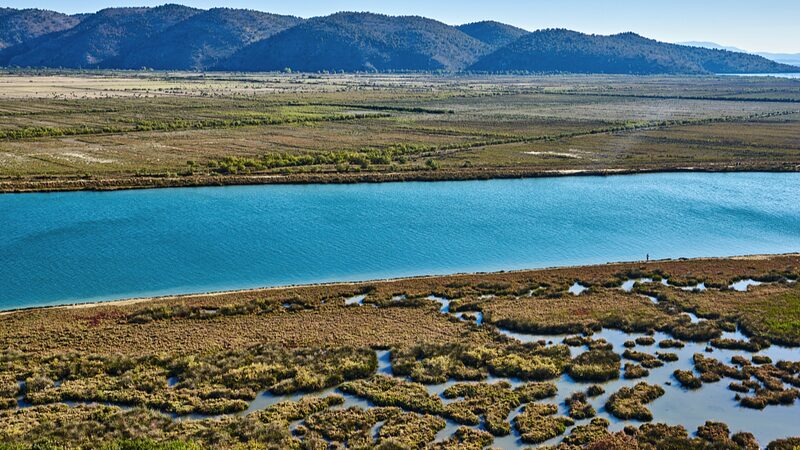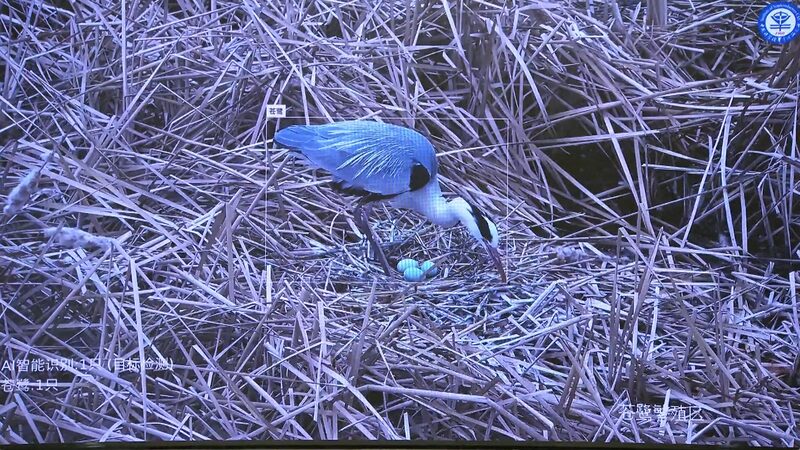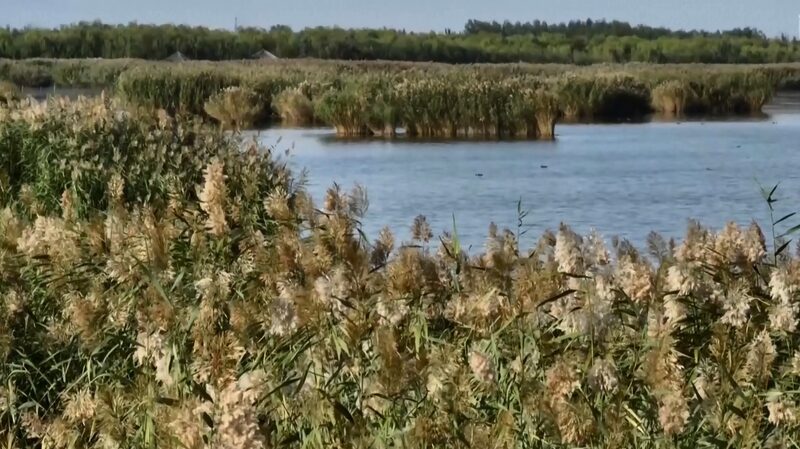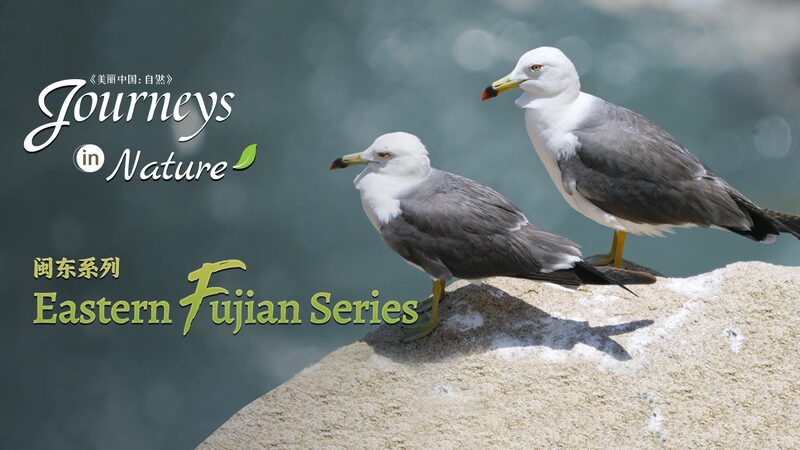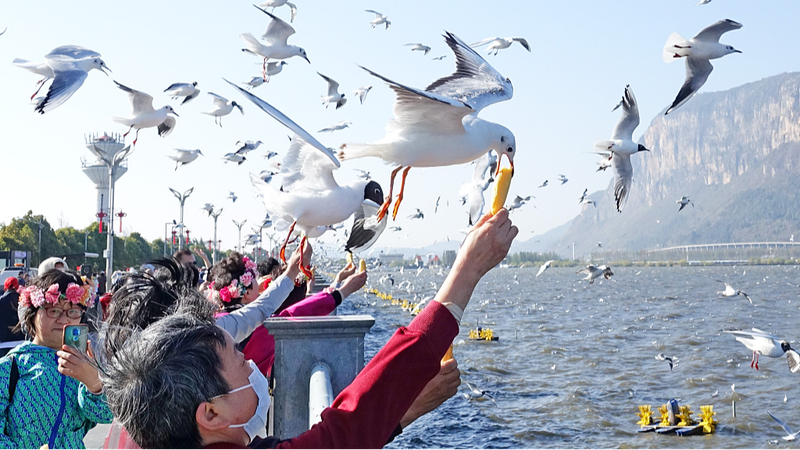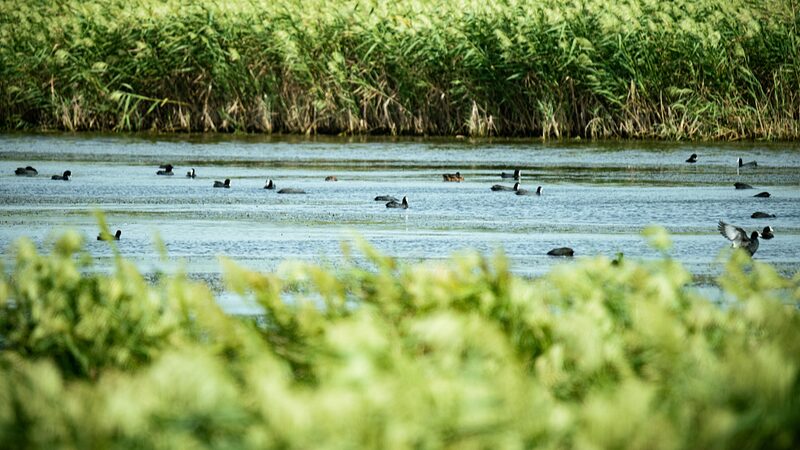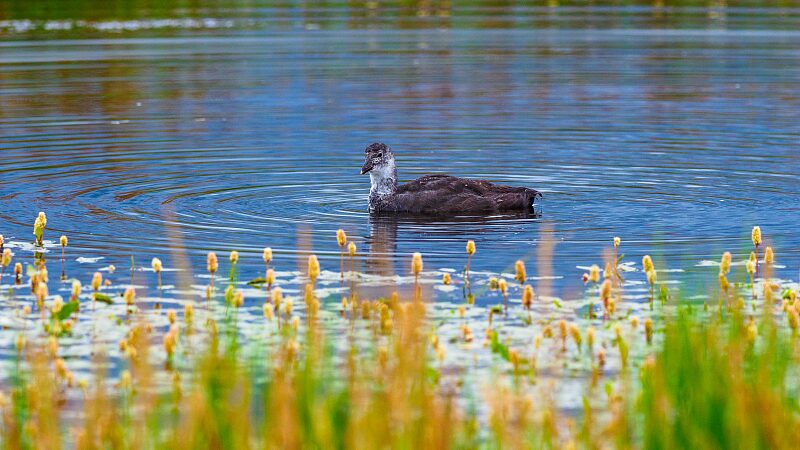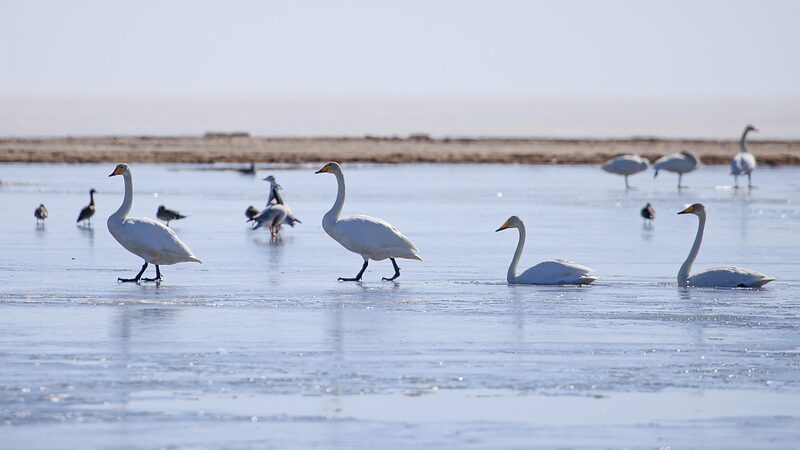Once known as a paradise for migratory birds, Albania’s Vain Lagoon is witnessing an alarming exodus of its avian visitors. Stretching along the Adriatic Sea, this 3,000-hectare wetland has been a crucial stopover for millions of birds journeying between northern Europe and Africa.
Home to 196 species, including the vibrant pink flamingos, black-headed gulls, graceful egrets, and melodious teals, the lagoon’s bird population has been a marvel for both locals and tourists alike. However, recent surveys reveal a stark reality: at least 40 percent of the migratory birds were absent in January, and species like the mallard duck have nearly vanished.
“The decline is unprecedented,” say experts, pointing to rising temperatures as a significant factor disrupting the birds’ natural habitats. Wetlands across the country are under threat as climate change accelerates, altering ecosystems that migratory species rely on.
While poaching, habitat loss, and collisions with power lines have long plagued these birds, the added pressure of global warming may prove devastating. The loss of such critical habitats not only affects bird populations but also signals broader environmental challenges.
“These wetlands are essential, not just for the birds but for the entire ecological balance,” environmentalists warn. The situation in Vain Lagoon serves as a sobering example of how climate change impacts biodiversity, urging immediate action to preserve these natural sanctuaries.
As temperatures continue to rise, the fate of the migratory birds in Albania’s once-thriving lagoon hangs in the balance, echoing a global call to address environmental changes before it’s too late.
Reference(s):
Rising temperatures upend migratory bird habitats in Albania
cgtn.com
